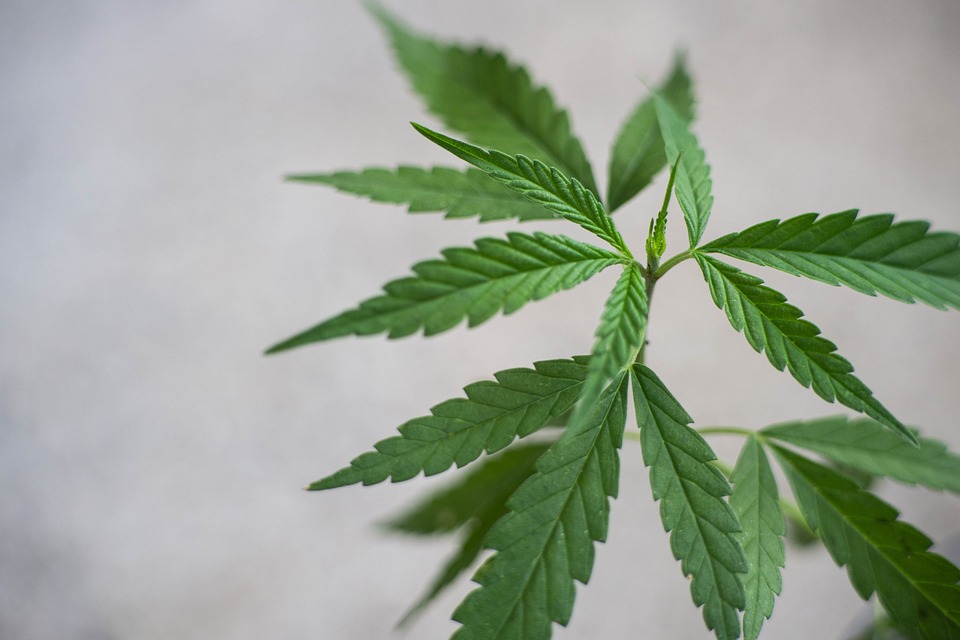Introduction
Hemp, also known as industrial hemp, is a versatile crop that has been used for thousands of years in various industries. From textiles to food products, hemp is making a comeback in the agricultural sector as a sustainable and environmentally friendly crop.
The Benefits of Hemp
There are several reasons why hemp is becoming a popular crop among farmers and consumers alike:
- Fast-growing: Hemp is a fast-growing crop that can be harvested in as little as 90 days, making it a highly efficient crop for farmers.
- Sustainable: Hemp is a low-impact crop that requires minimal water and pesticides, making it an environmentally friendly choice for farmers.
- Versatile: Hemp can be used in a variety of industries, including textiles, food products, and building materials, making it a highly versatile crop for farmers to grow.
- Nutritious: Hemp seeds are rich in protein, fiber, and healthy fats, making them a popular choice among health-conscious consumers.
The Potential of Hemp in Agriculture
As the demand for sustainable and environmentally friendly products continues to grow, hemp is poised to become a major player in the agricultural sector. With its fast growth cycle and versatility, hemp has the potential to revolutionize agriculture in the following ways:
- Replacing traditional crops: Hemp can be used as an alternative to traditional crops such as cotton and soybeans, which are resource-intensive and require large amounts of water and pesticides.
- Improving soil health: Hemp has deep roots that help to improve soil structure and prevent erosion, making it a valuable crop for crop rotation and regenerative agriculture practices.
- Reducing carbon footprint: Hemp absorbs large amounts of CO2 from the atmosphere, making it a valuable crop for carbon sequestration and reducing greenhouse gas emissions.
Conclusion
In conclusion, hemp is a versatile and sustainable crop that has the potential to revolutionize agriculture in the coming years. With its fast growth cycle, low environmental impact, and wide range of uses, hemp is becoming an increasingly popular choice among farmers and consumers. As the demand for sustainable products continues to grow, hemp is poised to become a major player in the agricultural sector and help to create a more sustainable and environmentally friendly future.
FAQs
Q: Is hemp the same as marijuana?
A: No, hemp and marijuana are different varieties of the Cannabis plant. Hemp contains low levels of THC, the psychoactive compound found in marijuana, and is used for industrial purposes.
Q: Is it legal to grow hemp?
A: The legality of hemp cultivation varies by country and state. In the United States, the 2018 Farm Bill legalized the production of hemp as an agricultural commodity, but regulations vary by state.
Q: What are some of the uses of hemp?
A: Hemp can be used in a variety of industries, including textiles, food products, building materials, and biofuels. Hemp seeds can also be consumed as a nutritious food source.
[ad_2]
